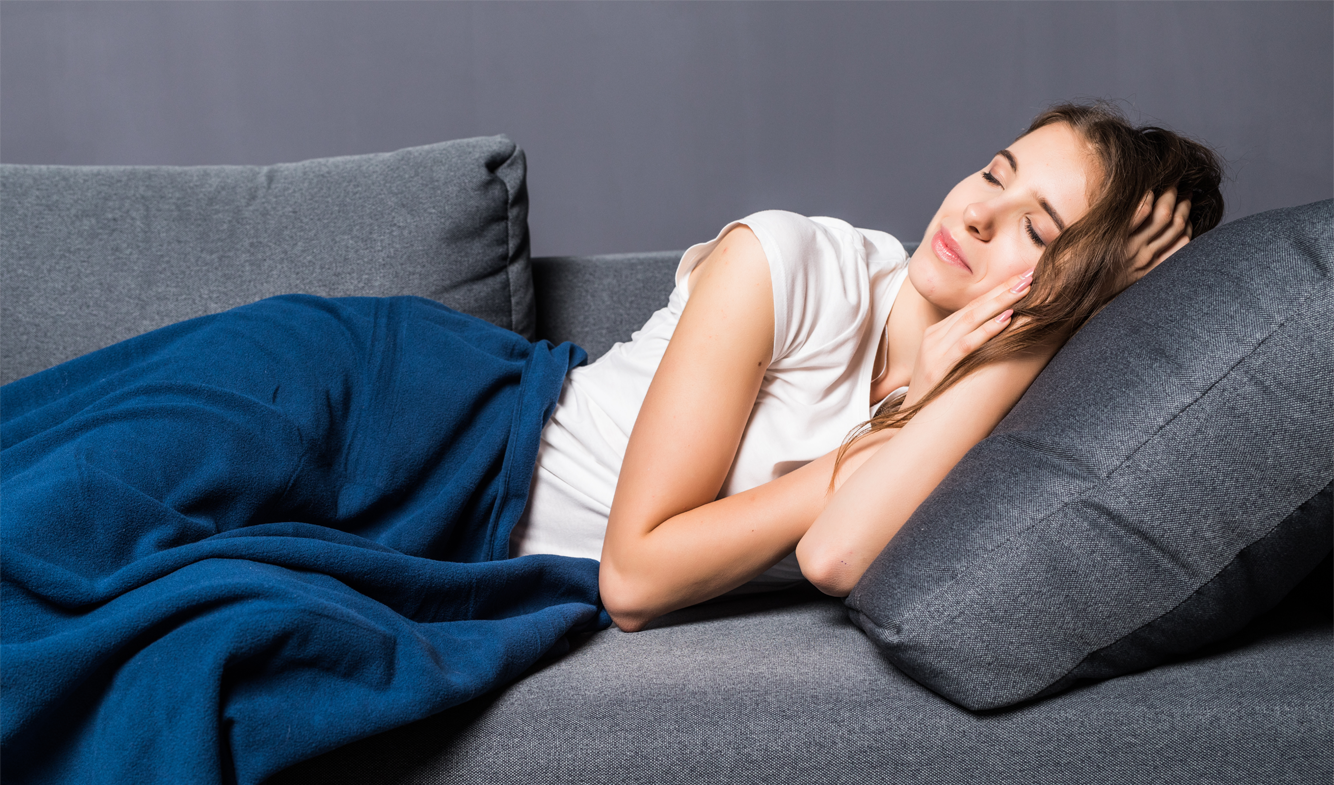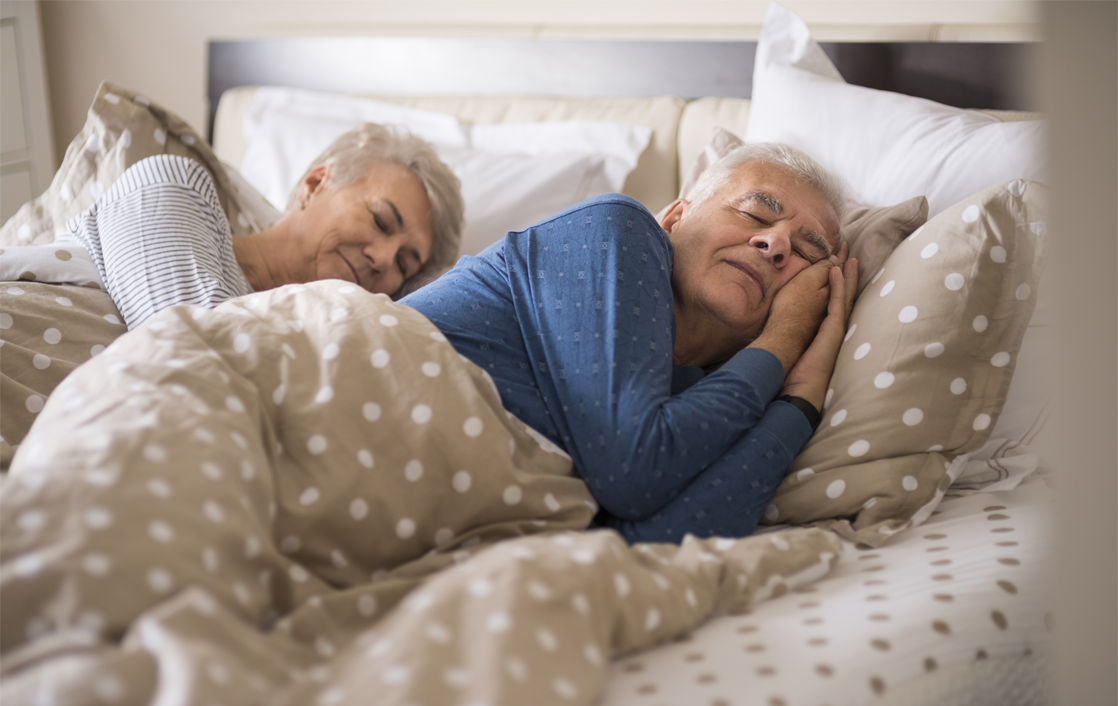Sleep Studies

Sleep Assessment
- Do you snore loudly (louder than talking or loud enough to be heard through closed doors)?
- Do you often feel tired, fatigued, or sleepy during daytime?
- Has anyone observed you stop breathing during your sleep?
- Do you have or are you being treated for high
blood pressure? - Do you wake during the night due to heartburn or regurgitation?
- Do you notice your legs twitching or kicking at night?
- Do you have any heart disease?
- Are you overweight?
If you answered yes to three or more of these questions follow up with your family physician for any possible sleep disorders.
What to Expect From a Sleep Study
You will arrive at the Sleep Center about an hour before your bedtime. Technicians will place dime-sized sensors on different parts of your body. These measure heart rate, brain wave patterns, muscle activity, leg and arm movements and eye movement which indicate the stage of sleep. An elastic band holding gauges is strapped around your chest and abdomen to track movements of the muscles involved in breathing. Finally, a test called oximetry measures dips in the amount of oxygen in the blood, the hallmark of sleep apnea. People with sleep apnea actually stop breathing for several seconds, then strenuously gasp for air hundreds of times a night. More than 2.5 million Americans suffer from some form of sleep apnea.
The automated scanners of the Sleep Center produce a readout of each measurement, and these can be displayed next to one another so that one symptom or sign is easily correlated with another. For example, cessation of breathing usually coincides with a dip in the amount of oxygen in the blood, and both tend to occur when you are sleeping on your back.

For More Information
Call 816-655-5394 for more information about the Sleep Clinic at St. Mary’s. We want to help you get a good night’s sleep.
Featured Services
Breast Health

Cardiology
Emergency Services
Orthopedics


